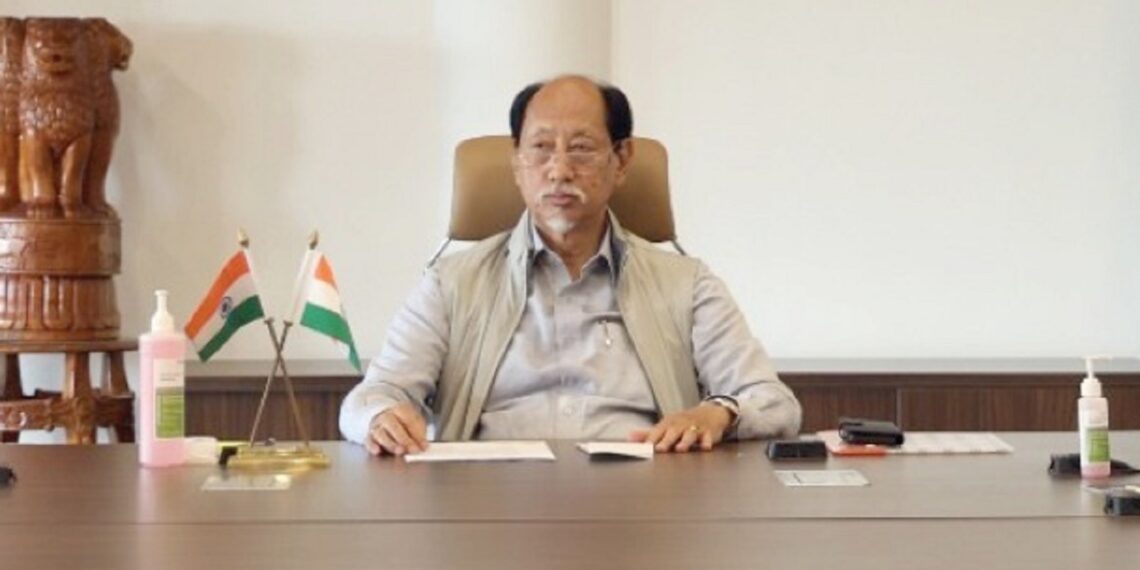KOHIMA: The six districts of Eastern Nagaland, which recently boycotted the state’s civic polls, may face limitations in fund allocations for their development initiatives, warned Chief Minister Neiphiu Rio on Friday.
Speaking at an event organised by the ruling NDPP party for newly elected councillors in Dimapur, Rio hinted at providing “some grants” for urban development but indicated that these may not meet the districts’ full expectations.
“We acknowledge their stance, but there will be some permissible limits in fund allocations,” Chief Minister Rio stated, addressing concerns over the boycotted urban local body (ULB) elections in Eastern Nagaland.
The districts involved—Kiphire, Longleng, Mon, Noklak, Shamator, and Tuensang—comprise 14 ULBs where no nominations were filed due to the boycott led by the Eastern Nagaland Peoples’ Organisation (ENPO).
Expressing regret over the boycott, Rio highlighted the government’s commitment to inclusive development across the state.
“We regret that the ENPO bloc did not participate in the ULB elections. Despite this, we will continue to engage with them and ensure some grants for urban development,” he affirmed.
The ENPO’s boycott, part of their ongoing demand for the creation of a Frontier Nagaland Territory (FNT), has boycott all electoral processes in Eastern Nagaland as a part of their protest.
Despite appeals for an amicable resolution, all six candidates withdrew their nominations in the lead-up to the civic polls on June 26, aligning with ENPO’s resolution.
Chief Minister Rio assured that the government will nominate representatives to ULBs in the ENPO bloc, underscoring efforts to maintain administrative continuity and developmental progress in the region.
He highlighted forthcoming grants from both the state and central governments to support urban development initiatives, albeit within defined limits.
“We hope for better times and eventual collaboration across all regions of Nagaland,” Rio said, aiming to bridge gaps and foster unity amidst regional aspirations and state governance priorities.















